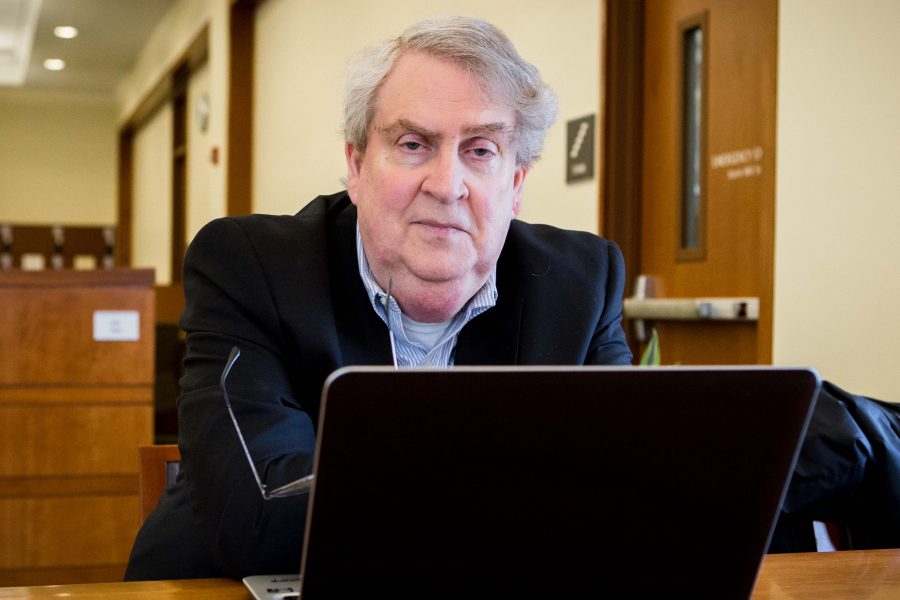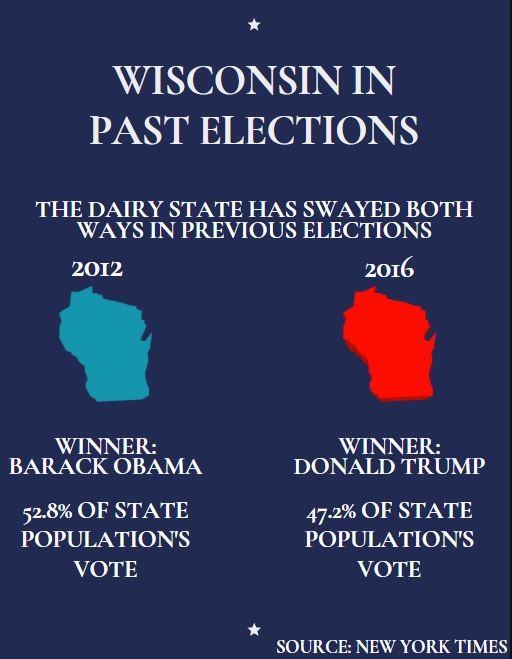Marquette University said it will comply with the Wisconsin supreme court’s decision to reverse and remand the circuit court’s decision on the McAdams case in a statement issued following the decision.
Marquette stated that the case was never about academic freedom but about ensuring its students’ safety, but that the concept was misapplied regardless.
Ralph Weber, Marquette’s lawyer in the case, said academic freedom is often conflated with free speech, but the two are not one in the same. Academic freedom, unlike free speech, is content-based and meant to align with professional standards, Weber said. He said McAdams’ use of his blog to share a graduate student’s contact information was not in line with those standards.
“That’s cyber bullying, that’s not academic freedom,” Weber said.
Moving forward, Weber said the university administration will work with faculty to make those professional standards more explicit in the faculty statutes. That will involve adjusting some aspects of university policy, according to the statement issued by the university.
“Academic freedom must include responsibility. Unfortunately, Marquette can’t undo the significant harm that (McAdams) caused to the former student teacher’s academic career,” the statement said. “Marquette will work with its faculty to re-examine its policies, with the goal of providing every assurance possible that this never happens again.”
The ruling included that McAdams be immediately reinstated by the university, a requirement he was adamant about through the duration of the case.
University President Michael Lovell sent a statement via email which maintained the university’s stance that they were protecting students rather than encroaching on academic freedom when McAdams was disciplined in 2015.
“We stood up for decency and for the rights of our students, and we remain committed to upholding those values as a community,” Lovell wrote. “Our values do not change when they are challenged. They become stronger.”
The university’s statement also addressed other elements brought up in the case, including the balance between tenured faculty’s “rights and responsibilities.” It said the decision may negatively affect universities’ ability to enforce standards of conduct when employees are found to have breached their contracts by the institution’s governing bodies, like Marquette’s Faculty Hearing Committee, which initially heard McAdams’ case and deemed his dismissal appropriate.
Weber said it was disappointing that the court dismissed the FHC report, which the circuit court had deferred to in its May 2017 decision for Marquette, and which Marquette maintained the validity of, but the state’s supreme court said lacked authority.
“The FHC’s lack of authority leads us to the final reason we cannot give arbitration-style deference to the University’s decision to suspend Dr. McAdams,” the court’s majority opinion said. “In one sense, all of the time, energy, and resources that went into the discipline procedure and the richly-detailed (FHC) report are distractions from the necessary focus of our analysis.”
Weber also said the dismissal of that report could establish a precedent that would have a broader impact on the ability of institutions to self-govern.
Marquette’s statement said that despite the ruling, it believes the university and the FHC were in the right.
“To us, it was always clear that the professor’s behavior crossed the line. This was affirmed by a seven-member panel of the professor’s peers, and by a Wisconsin Circuit Court judge,” the statement said.
Marquette’s full statement can be found here.
This story was updated June 6, 1:40 p.m.




